
This lion is among the few free-standing sculptures remaining from the Mausoleum at Halicarnassus, which was one of the Seven Wonders of the Ancient World.
The Mausoleum was a massive structure designed by Greek architects during the Classical Greek period.
The Mausoleum at Halicarnassus or Tomb of Mausolus was a tomb built between 353 and 350 BC, which was located at present-day Bodrum, Turkey.
The Tomb was built for Mausolus, the ruler of Halicarnassus and his wife.
The Mausoleum was about 45 m (148 ft) in height, and the four sides were richly adorned with sculptural reliefs.
The Mausoleum was considered to be such an aesthetic triumph that it was identified as one of his Seven Wonders of the Ancient World.
The Mausoleum overlooked the city of Halicarnassus for many years. A series of earthquakes from the 12th to the 15th century shattered the columns and sent the many statues crashing to the ground.
By 1404 AD, only the very base of the Mausoleum was still recognizable.
During the Crusades, the Knights of St John of Rhodes invaded the region and built the Castle of Saint Peter and fortify it in 1494, by using the stones of the Mausoleum.
The Crusader’s quest to strengthen the castle at Halicarnassus lead to much of the remaining portions of the Tomb to be broken up and used in the castle walls. Sections of polished marble from the Tomb can still be seen there today.
Before grinding and burning much of the remaining sculpture of the Mausoleum into lime for plaster, the Knights removed several of the best sculpture works and mounted them in the Bodrum castle.
This marble lion had its foreleg cut so that the lion could be used as part of the building materials for the fortification of St Peter at Bodrum. The surface is weathered due to its 2,000-year-old exposure as part of the castle.
The Seven Wonders of the Ancient World
The Seven Wonders of the Ancient World is a list of remarkable constructions of classical antiquity given by various authors in guidebooks or poems popular among ancient Hellenic tourists.
The Seven Wonders of the Ancient World included:
- Great Pyramid of Giza, built by Egyptians
- Hanging Gardens of Babylon, built by Babylonians or Assyrians
- Temple of Artemis at Ephesus, built by Greeks
- Statue of Zeus at Olympia, made by Greeks
- Mausoleum at Halicarnassus, built by Greeks
- Colossus of Rhodes, built by Greeks
- Lighthouse of Alexandria, built by Greeks
Lion from the Mausoleum at Halicarnassus
- Title: Lion from the Mausoleum at Halicarnassus
- Period: Classical Greek
- Date: 350 BC (circa)
- Findspot: From the walls of the castle of St Peter at Bodrum
- Materials: Marble
- Dimensions: H: 0.96 m; L: 1.26 m
- Museum: The British Museum
The Mausoleum of Halicarnassus and its Successors
A Tour of the British Museum
Ancient Egypt and Sudan Collection
- The Rosetta Stone
- The Battlefield Palette 3100 BC
- Quartzite Head of the Egyptian Pharaoh Amenhotep III
- Colossal Granite Statue of Amenhotep III
- Hunters Palette
- Tomb of Nebamun
- Younger Memnon (Ramesses II)
Middle East Collection
- The Lion Hunt
- Cyrus Cylinder
- Royal Game of Ur
- Gilgamesh Flood Tablet
- Stela of Shamshi-Adad V
- Standard of Ur
- Ram in a Thicket
- Tell al-‘Ubaid Copper Lintel
Ancient Greece and Rome Collection
- Marble figure of a Woman – Spedos Type
- The Parthenon Marbles
- The Parthenon Frieze
- Metopes of the Parthenon
- Pedimental Sculptures of the Parthenon
- The Erechtheion Caryatid
- Lion from the Mausoleum at Halicarnassus
- Bust of Pericles
- Aegina Treasure
- Townley Caryatid
- Bronze Statue of a Youth
- Thalia, Muse of Comedy
- Nereid Monument
- Sarcophagus of Seianti Hanunia Tlesnasa
- Lely Venus – Crouching Aphrodite
- Tomb of Payava
- Marble Portrait Bust of the Blind Poet Homer
Mausoleum at Halicarnassus – 7 Wonders of the Ancient World
Britain, Europe, and Prehistory Collection
- Ain Sakhri Lovers
- The Sutton Hoo Ship Burial
- Lewis Chessmen
- Holy Thorn Reliquary
- Mechanical Galleon
- Black St George Icon
- Knight Aquamanile
- Gold Mold Cape
Asian Collection
- Seated Buddha from Gandhara
- Statue of Tara
- Bodhisattva Avalokiteshvara
- Avalokiteshvara – Guanyin
- Nandi – Figure of the Humped Bull of Śiva
- Garuda
- Budai Hesheng
- Luohan – Yixian Glazed Ceramic Sculpture
The Mausoleum at Halicarnassus: 7 Ancient Wonders
Africa, Oceania and the Americas Collection
- Double-Headed Serpent
- Hoa Hakananai’a / Moai from Easter Island
- Hawaiian Feathered Helmet
- Bronze Head from Ife
- Benin Ivory Mask
The Prints and Drawings Collection
- “Studies of a Reclining Male Nude” by Michelangelo
- Newport Castle by J. M. W. Turner
- “Hampstead Heath” by John Constable
- “The Great Wave off Kanagawa” by Katsushika Hokusai
- “Rainstorm Beneath the Summit” by Katsushika Hokusai
Information on The British Museum
- Masterpieces of the British Museum
Halikarnassos: The Birthplace of History
~~~
“Let thy speech be better than silence or be silent.”
– Dionysius of Halicarnassus
~~~
Photo Credit: 1) JOM
Popular this Week
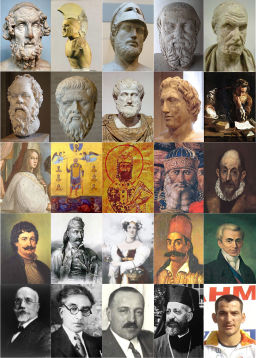
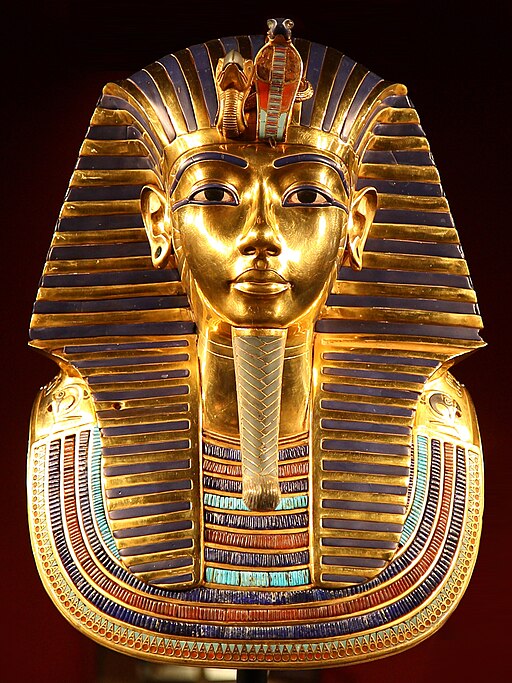



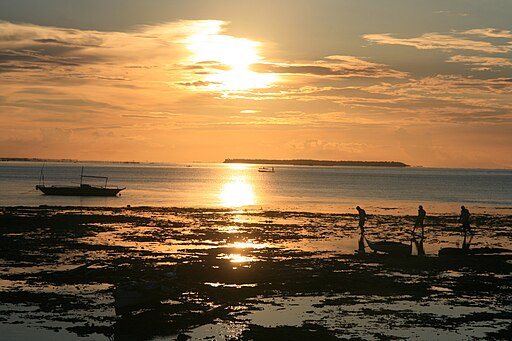
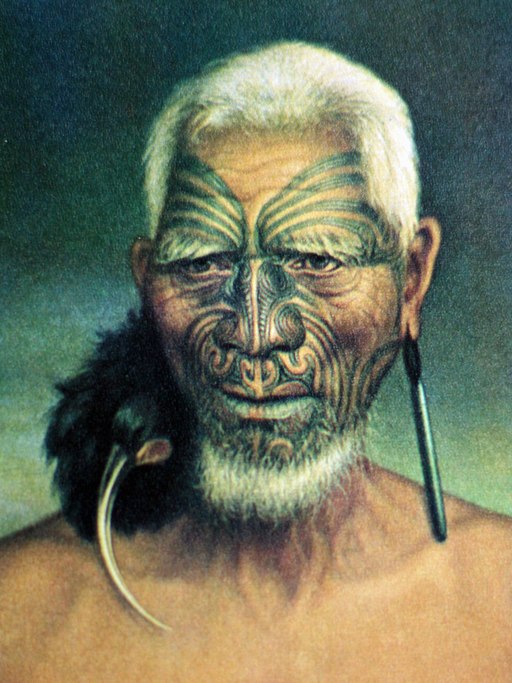
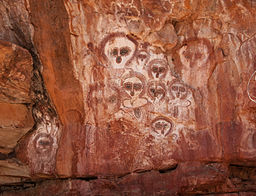
 Sponsor your Favorite Page
Sponsor your Favorite Page SEARCH Search for: Search Follow UsJoin – The JOM Membership Program
Sponsor a Masterpiece with YOUR NAME CHOICE for $5
Share this:
- Tweet
